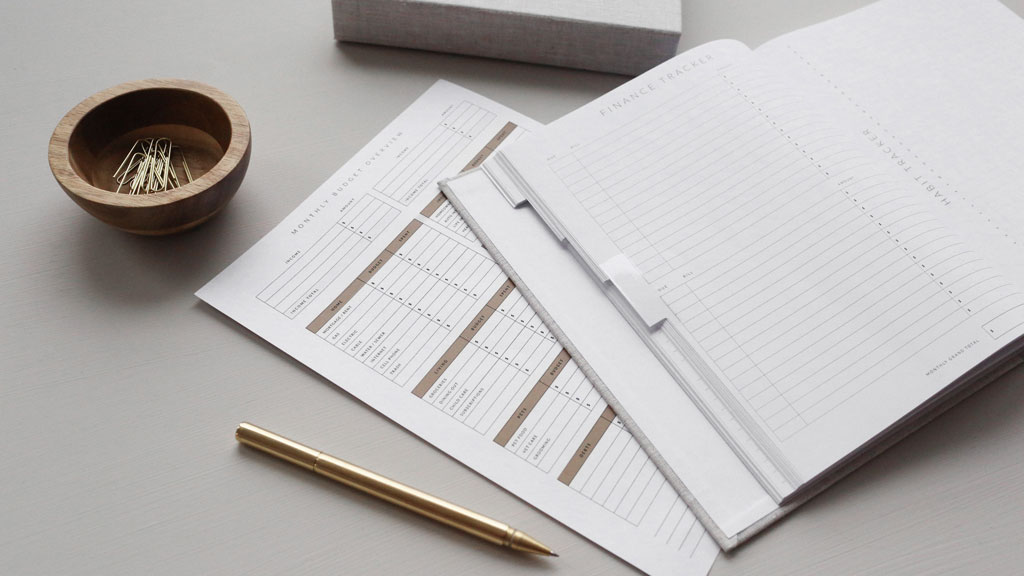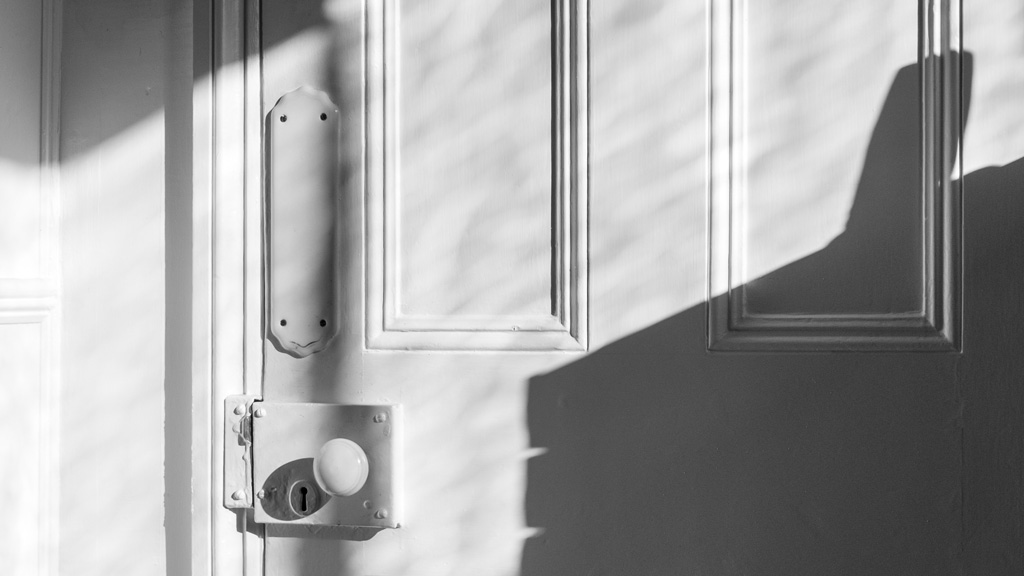Has The Toronto Bubble Finally, Popped?

The rules and regulations under the Residential Tenancies Act are constantly changing. As a residential landlord (and for tenants too), you need to understand your rights and obligations under the Act. You want to make sure you have protection over your best interests, in addition to operating within the laws at all time to avoid disappointment.
To ensure all of our landlord clients are up to speed, we’re sharing some of our most valuable advice for every residential landlord in 2019. Keep reading to stay informed, avoid potential disputes with tenants down the road, and most importantly, save money!

The benefits of this might be obvious. But, what many landlords do not know is that if you forego a rental increase after each new term, you might end up writing your tenants a cheque. That’s right – for every month your tenant stays in the suite, they earn interest on their deposits (key deposits don’t apply). This occurs at an annual rate set by the Government of Ontario each year. This interest rate corresponds directly with the rental increase guidelines. And for 2019, you’re looking at 1.8%.
By raising your tenant’s rent at the start of each term, you’re offsetting the interest owed on their deposits. This way, you can ensure money is going into your pocket instead of out. For example, interest on a $2,200 deposit for last month’s rent for this year is approx $40/year OR an additional $40 in your pocket each month.
Moreover, your real estate agent can advise you of the rental increase allotment of rates for each year. It’s important to know that you’re implementing any rental increases within the rules and regulations of the Residential Tenancies Act. And, this includes providing proper notice (minimum 90 days) and using the appropriate forms.

When an Agreement to Lease is signed with a new tenant, we always recommend retaining a key deposit. The deposit can be fully refundable at the end of the lease, provided that all keys are returned in good order. This is a good security measure. Especially, if a tenant ever loses their keys, changes the locks without permission, or vacates the suite without returning the keys, you will be able to replace them without paying out-of-pocket.
At the start of the lease, keep a record of exactly how many of each key type you give to your tenant. It is easy to lose track of these things and can eliminate any disputes down the road. Note, the key deposit cannot be more than the actual cost to replace the keys. For example, if the cost to replace a key fob is $100 and to cut a key via Property Management is $50, your key deposit cannot exceed $150. If you live in a condo and are unsure of the replacement costs, your listing agent can work with you to contact Property Management. They should provide the full price list and turnaround time. Furthermore, an agent will help you keep a record of the keys you provide to your tenants and when.

As of April 30, 2018 the Government of Ontario mandated a Standard Ontario Lease. This standard is to accompany all lease agreements in the Province of Ontario. Moreover, the Agreement is important for:
Note that, if a residential landlord fails to provide the standard lease within 21 days after a renter has asked for it in writing, the renter may withhold one month’s rent. Your real estate agent can assist you in drafting the Standard Ontario Lease at the time an Agreement to Lease is entered into.
Additionally, a standard lease is not a requirement for tenancies that have special rules or partial exemptions under the RTA. Consult with your realtor to see if your rental property applies.

Prior to advertising your property for lease and entering into an Agreement with a new tenant, sit down with your realtor. Together, create a robust Schedule B to accompany your Agreement to Lease. This Schedule outlines specific clauses to ensure:
If your rental property requires special care or attention, the Schedule B is the perfect area to list these care instructions. This way, your tenant can sign off to acknowledge receipt and confirm their acceptance to cooperate.

As a residential landlord, it’s always a good idea to visit your rental property at least once a year. This allows you to ensure your tenant is taking care of the unit. For instance, you’ll want to make sure proper maintenance is happening with things like air filters and lint traps. This also creates a certain level of accountability with your tenant knowing that someone is coming to check that they are upholding their terms of the agreement. Additionally, this creates good rapport with your tenant knowing they have a caring landlord who they can easily communicate with.
Your real estate agent can advise you on residential landlord and tenant rights and responsibilities before, during, and after your lease. Having an agent allows you to ensure you are always protected and operating within the Residential Tenancies Act. Additionally, you can contact the Landlord and Tenant Board anytime. Call 1-888-332-3234 to learn more about your rights and responsibilities under the RTA.
Questions about leasing, as a residential landlord or tenant? Start by checking out our Leasing Division.
—
This article is written by Urban enthusiast and food/travel junkie, Jessica Elizabeth Spillas. As the firm’s multi-talented Business Development Manager and Sales Representative, she is able to pair her passionate approach to buying, selling and investing in Toronto Real Estate with her flair for design and digital marketing. With this in mind, Jessica delivers unparalleled service with every interaction and works hard to keep her clients and colleagues organized and working at top-notch efficiency.